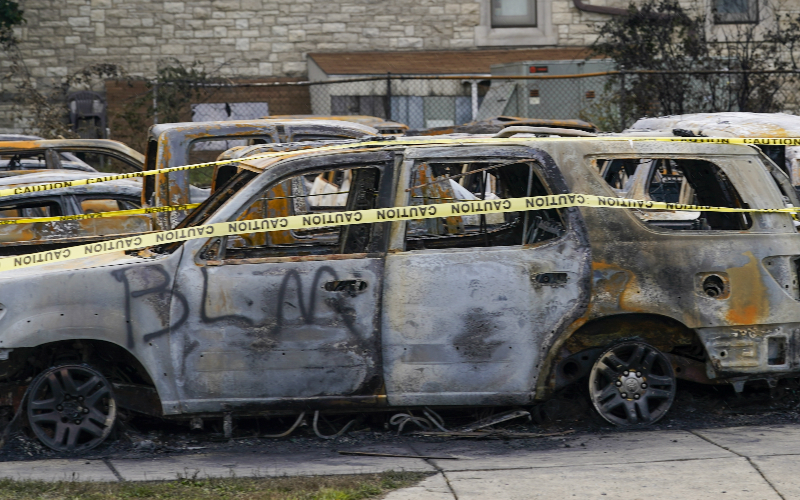Divorce and the resulting decline in resident fatherhood may offer the best explanation for the decline of Christianity in the United States – that is the takeaway from the Nationwide Study on Faith & Relationships from Communio, a nonprofit "serving the local church to evangelize through the renewal of healthy relationships, marriages, and the family."

While church attenders are far more likely than others to have grown up in a continuously married, two-parent family, Communio President J.P. De Gance says young people in the pews still suffer from loneliness, which experts in psychology have defined as a state of mind with the perception of being alone and isolated.
"In the church, the loneliest individual sitting in the pews is not a widow," he asserts. "The loneliest person sitting in the church is between the ages of 30 and 39 and a man or a woman who's never married."
De Gance says marriage has almost become an afterthought, even in Christian churches.
"The world has been selling young people on a false bill of goods – that they should delay marriage, that you should think of marriage as a capstone to your life," he relays.
It has become something to seek only after other achievements have been made
But he notices that those who follow that path are disproportionately the most lonely and isolated in church, and consequently, their life spans are about 15 years shorter.
So De Gance encourages pastors and churches to teach more on family formation and keeping marriages intact.
"If we had the same family structure as we had 40, 50, or 60 years ago, our churches would largely be full," he figures. "The entire story of religious non-affiliation is really just the effect of the collapse of marriage and the family."














